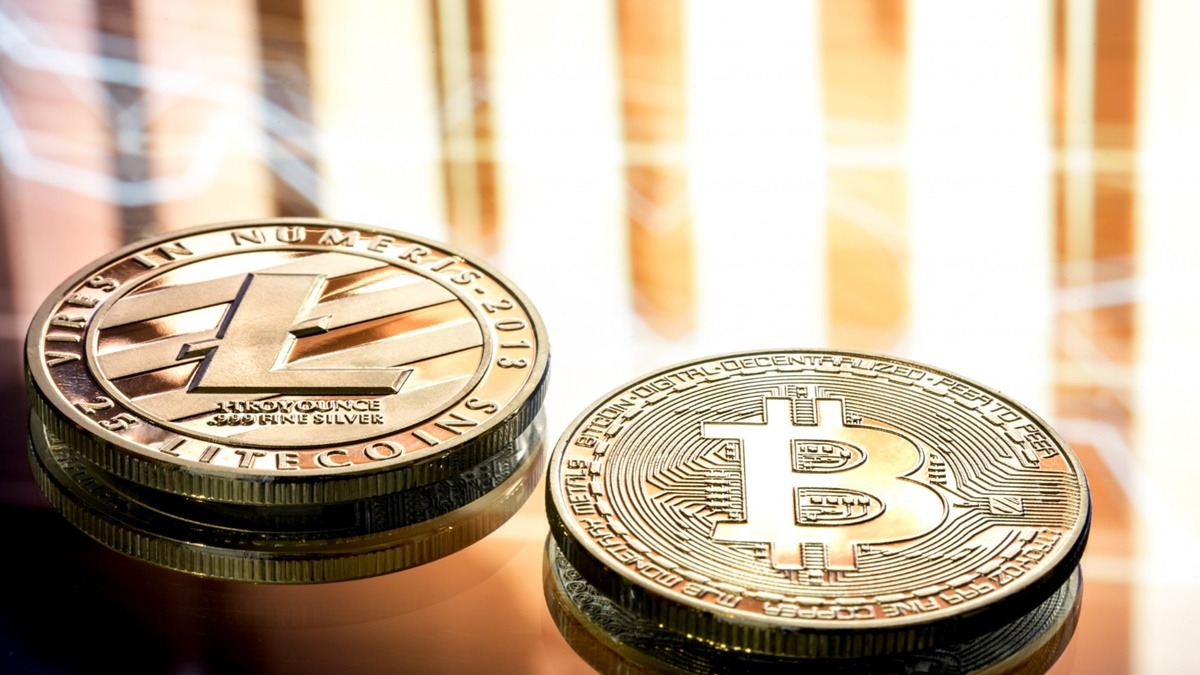The Financial Express
By Mayurakhsi Das
To understand why cryptocurrency hasn’t solidified its presence in India, we must first understand precisely what it is. Cryptocurrency, commonly referred to as “crypto,” is a digital payment system that does not depend on banks to authorise transactions. Simply put, it’s a peer-to-peer system enabling anyone to send and receive payments. Instead of being physical money carried around and exchanged in the real world, cryptocurrency payments exist exclusively as digital entries in an online database describing and verifying specific transactions.
Crypto has been viewed, debated, disregarded, and praised from various angles. However, an interesting angle to view and understand the failure of crypto in India is from the cultural standpoint. India is a nation deeply rooted in its cultural conditioning, values, and ethics, all of which preach and praise stability, temperance, and balance. Large-scale adoption of something as volatile as cryptocurrency does not sit right with our teachings and core values.
Similar to our mindset, most of our investment plans to are traditional; a good mix of debt and equity, with little to no room for risky investments. Even today, a more significant portion of Indians prefer to invest their money in assets like gold, government bonds, and real estate. Investment tools such as mutual funds and direct equity have only recently found their footing here, it is safe to assume that mass adoption of cryptocurrency will not be the case in India in the foreseeable future.
In addition to the cultural reasons for its failure, there are various reasons ranging from financial and national safety that concern the government, and rightly so. The Reserve Bank of India has observed and maintained that there is a high risk of money laundering, hacking, terror financing, and financial fraud in this decentralized space. This terrifying possibility, along with the 30% tax and additional 1% tax deducted at source is perhaps the greatest reason why only 7.3% of Indians own or deal with crypto.
Countless countries around the world are running experiments using this decentralized payment process, gathering empirical evidence, and learning about the limits and drawbacks of such a system. Perhaps once the world has access to the knowledge necessary to implement or extensively understand crypto, the topic can be revisited and the technology can be tailored to fit the people’s and governing bodies’ needs.
With many official discussions currently underway, a blanket ban on cryptocurrencies is an extremely likely possibility in the near future.
However, the government and the RBI do see enormous potential in digital currency and have already begun developing the framework for an official digital currency for the country. Digital payment methods align with our prime minister’s plan to transform India into a digitally empowered society and knowledge economy. With apps such as “MyGov” and “Digilocker” enabling our people to go paperless, our digital revolution has already begun. An official and regulated digital currency is simply the next step towards a seamless, swift, and digitally optimised economy. Although, the fact remains that it will probably take at least a few cycles if ever before we see Indians avidly investing in cryptocurrency for Dussehra or Dhanteras.
(The author is the founder and CEO of Elixir AI)
Get live Share Market updates and latest India News and business news on Financial Express. Download Financial Express App for latest business news.
Author
Administraroot

